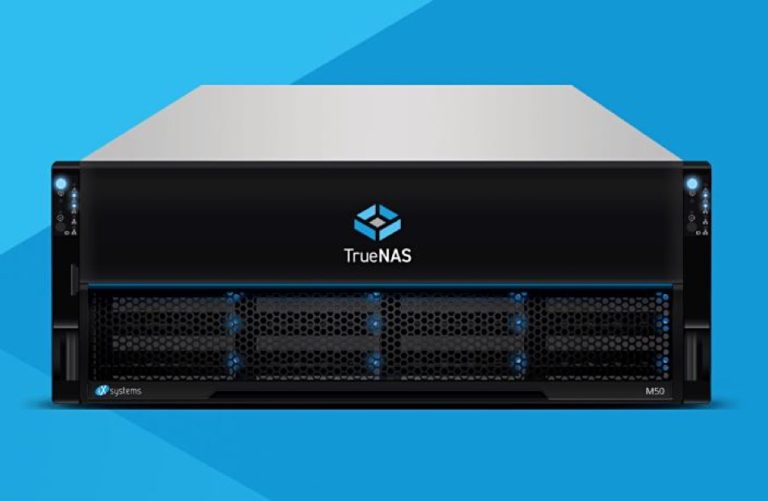

I use OpenIndiana 2019.04 updated to the latest packages to get ZFS encryption, but other Unices may do as well, but I haven't tried. If you want to try this on your systems, here are the prerequisites: Host with ZFS file system.
Openzfs virtualbox how to#
First, I will show you how to create a VirtualBox guest running off a ZFS volume, then we will use ZFS snapshotting feature to save state of the guest, later on we will send the guest to another ZFS pool, and finally we will run the guest from an encrypted ZFS volume. For our purposes ZFS volume will be an ideal device. Interestingly, VirtualBox can leverage raw device as a storage for guest. Thanks to this level of integration on OpenIndiana we can run KVM guests in a Zone and thus make it well isolated from other tenants on the host, control its resources, and more. In OpenIndiana, an illumos distribution, our system components like IPS (package manager), Zones (OS-level virtualization/"container"), and KVM (HW virtualization) are well integrated with ZFS, the advanced file system and volume manager, and can leverage its features like snapshots and encryption.

Some of those designs may have fatal flaws.Įven if you think you will stick to one platform and you are not interested in platform interoperability, you may want to use your operating system-native tools with your guests. As someone who tried to convert image from qcow2 to VMDK or VHDX, or tried to create an instant JeOS-like VM image for VMware with open source tools, I witnessed, that in the former case one may end up with fixed-size image and, in the latter case, with image booting only from slow virtual IDE controller. One relies on virtualization-specific designs which do not translate well from one platform to another. From my experience it is the most convenient arrangement for guests you want to rapidly create and destroy, or when you don’t care much about anything else than plain storage.īut it has drawbacks too. Lesser known is that most of these platforms support other storage options, namely network file systems (NFS, SMB), logical volumes (partitions), disks, and, most notably here, ZFS volume.įile-based arrangement certainly has value for some users. If you’ve ever run virtual guests on platforms like KVM, Xen, Hyper-V, VMware, or VirtualBox, you probably think of disk attached to the guest as an image file of a special format (qcow2, VHDX, VMDK, VDI), which lies somewhere on the disk of the host file system.


 0 kommentar(er)
0 kommentar(er)
